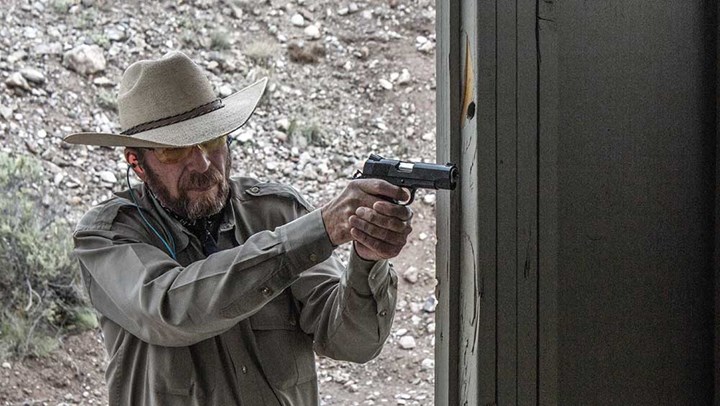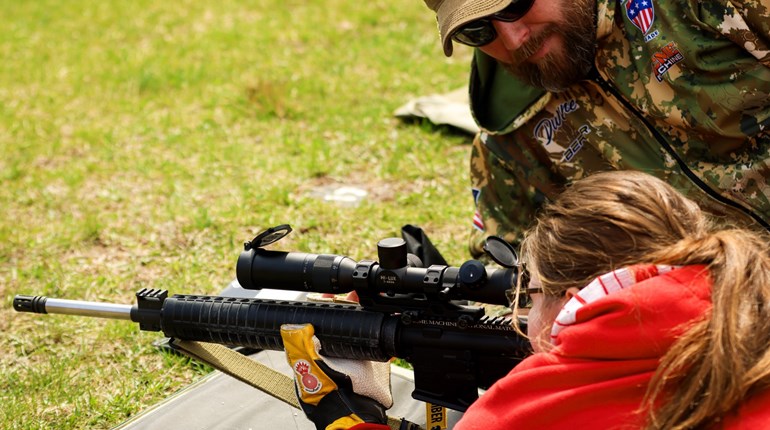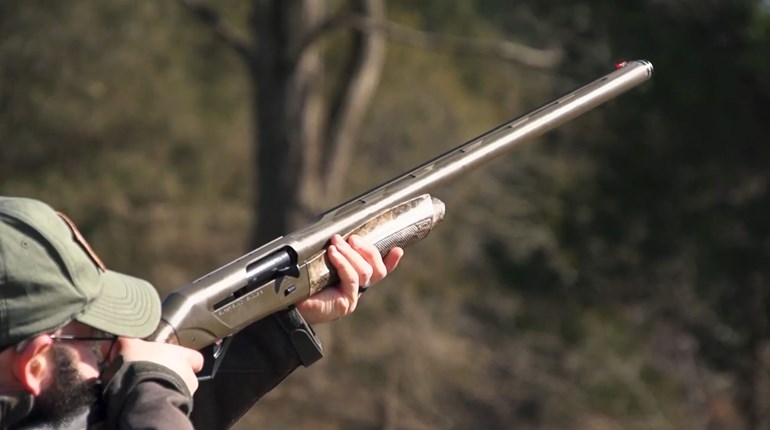
Several states have a legal requirement that directs citizens to retreat before using deadly force when it is reasonable and safe to do so. As an armed citizen, you should know if your state has such a requirement, and you should know what your state courts have determined to be “reasonable and safe.” The best place to get this information is from a criminal defense attorney, a district attorney or law enforcement personnel. Second-hand information from Ol’ Joe down at the gun shop is not a good source.
However, many other states do not require the citizen to retreat if he has a lawful right to be where he is when confronted with a deadly threat. It’s called the “Castle Doctrine" inside your home or business, and "Stand Your Ground" when elsewhere in public, and again, the statutes are best explained by someone in the legal profession or law enforcement.
But let me give you something to think about: It is nearly always good tactics for the armed citizen to disengage from a deadly confrontation when it is possible to do so. It is not my place to talk to you about the law; I am talking solely about tactics.
It has been said that the best gunfight is the one that never happened. When people start shooting at each other a number of things can happen, and they are nearly always bad. You, of course, could be injured or killed. Your defensive firearm isn't a "magic wand," and there is no way to know offhand what your attacker may or may not have up his own sleeve.
Then there is the aftermath to worry about. Even if you are completely justified in your actions, you might face prosecution from an anti-gun legal system. And, even if exonerated by the legal system, you could face horribly expensive civil suits. These are just a few of the bad things that come readily to mind.
The armed citizen is well advised to get away from a fight if at all possible without, of course, abandoning family members who rely on him (or her) for protection. It will also be difficult for an anti-gun prosecutor to cast the armed citizen as the aggressor when witness testimony shows that he was the one attempting to disengage.
For the armed citizen, the defensive firearm should serve as an exit ticket. You should be determined to get away from the trouble as quickly as possible. Your firearm is there in case someone tries to block that exit with deadly intent. For some, this may not sound very macho—and most of those will be people who have never been in an actual gunfight.
The armed citizen should be the reluctant gunfighter. He fights when there is no other way out.





































